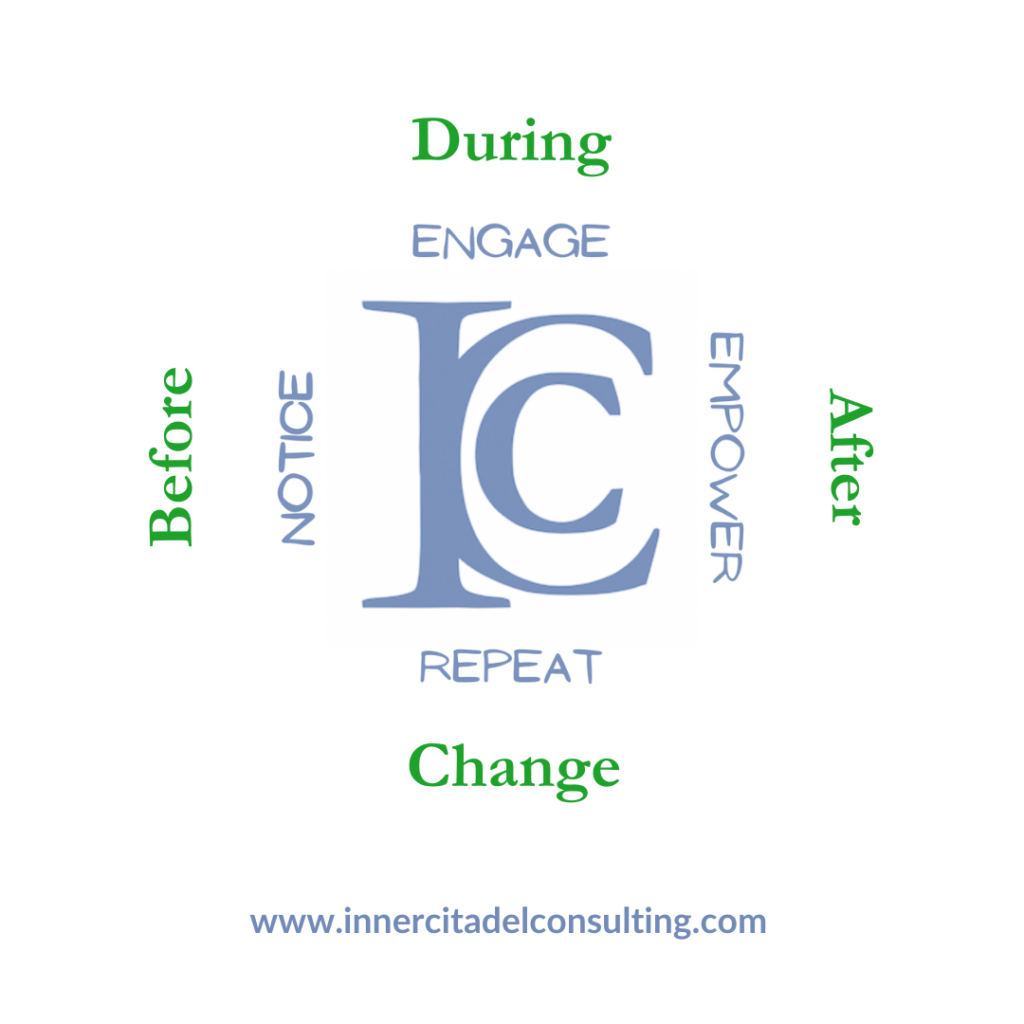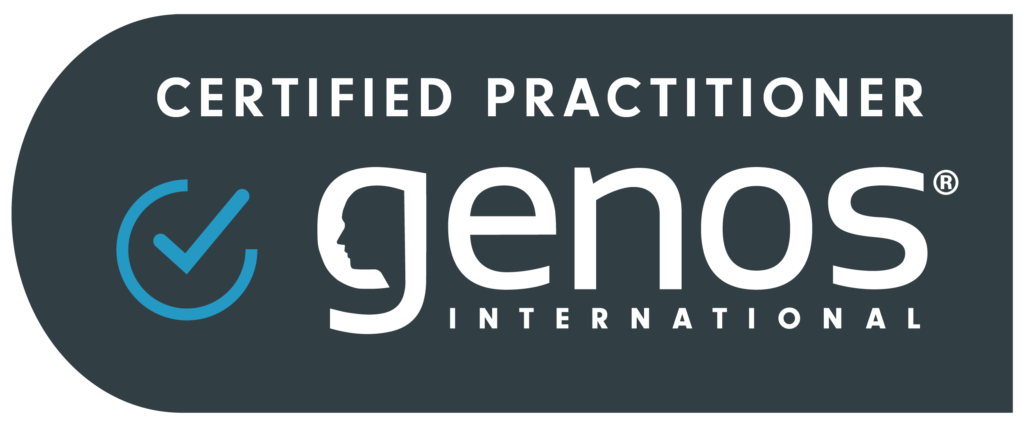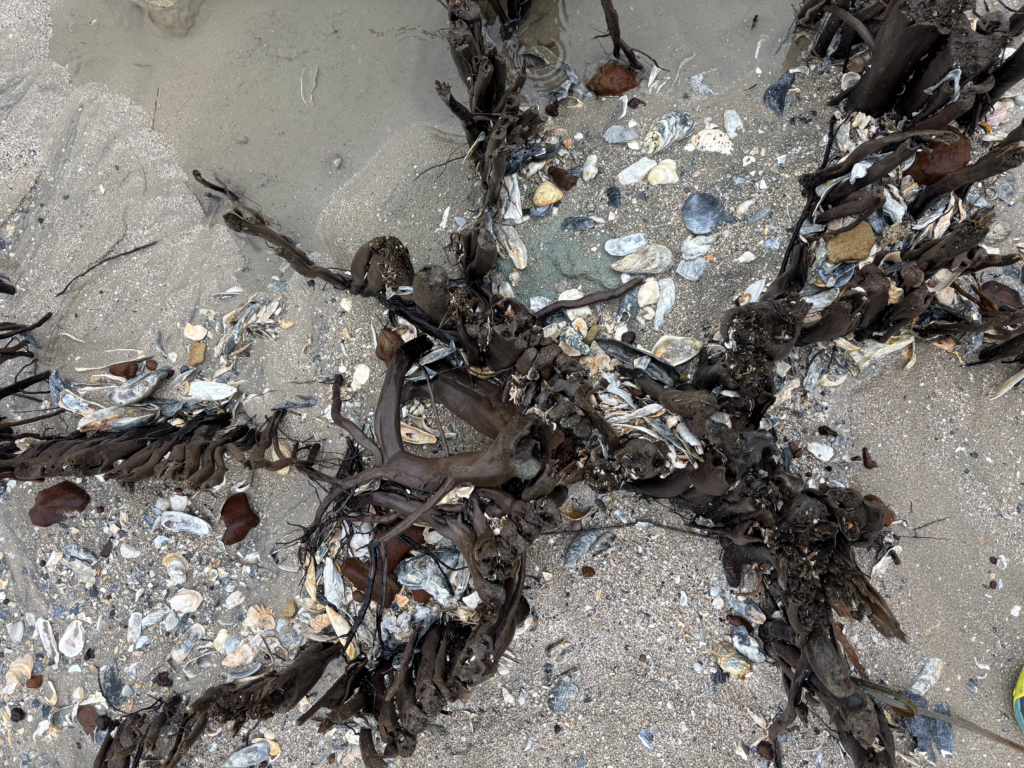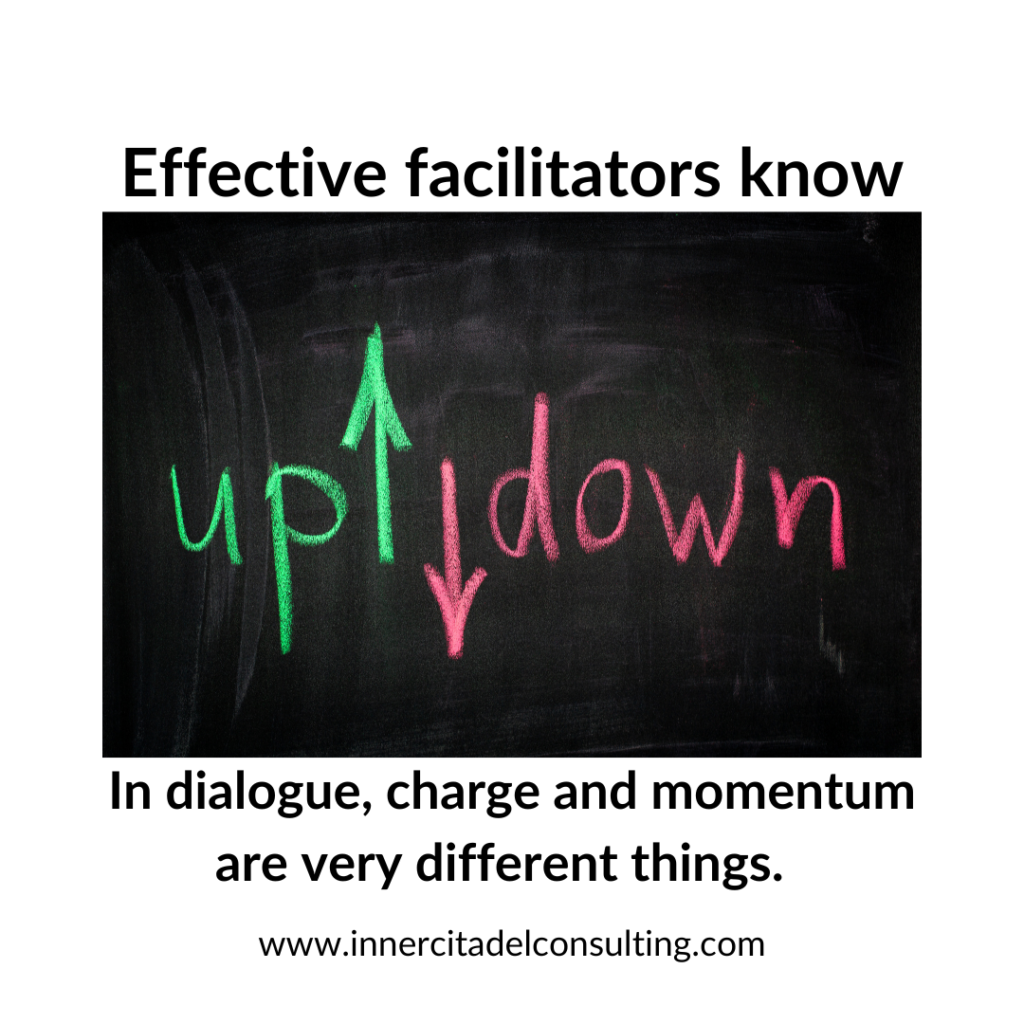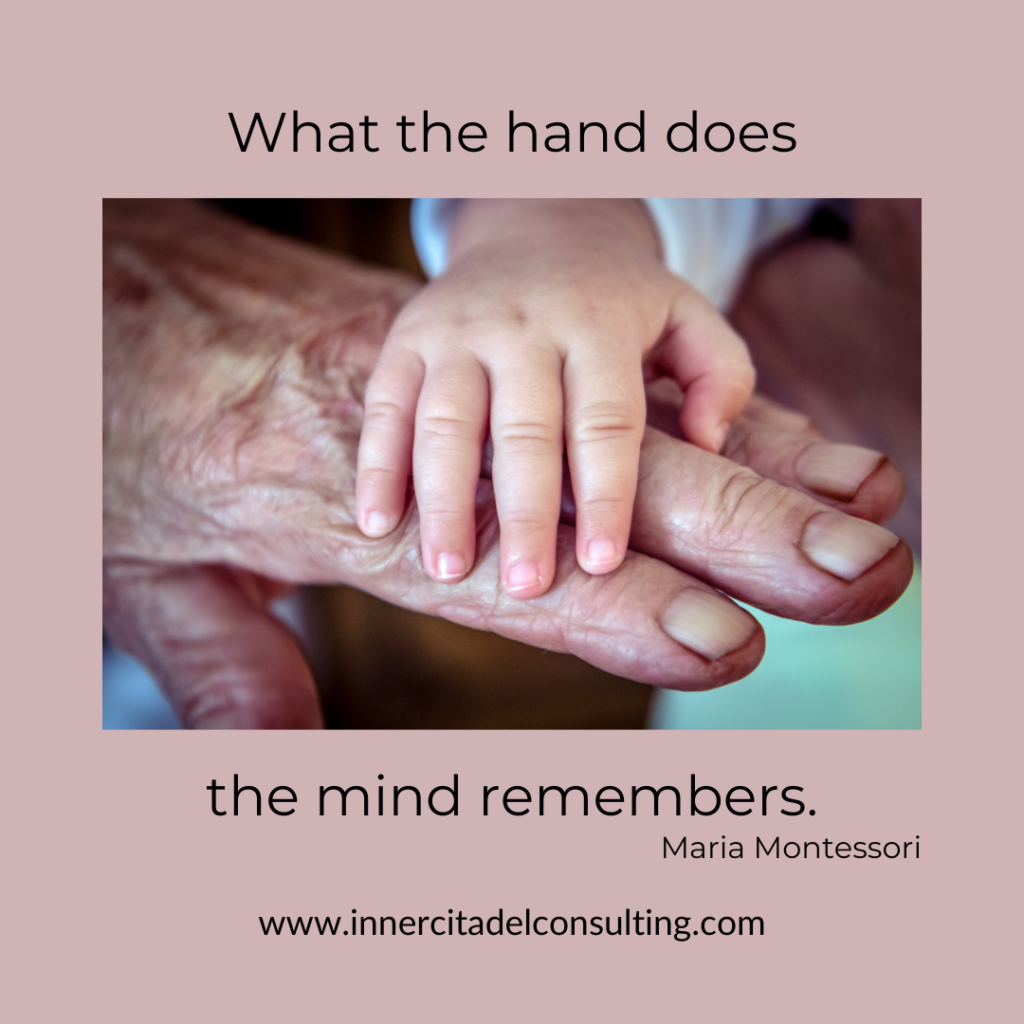“I help Leaders and Teams have the conversations they can’t manage on their own.”
Most of the time, I get nods and understanding looks when I tell people what I do. More often than you’d think I get, “That must be very rewarding.” And, yes, it is. It is amazing what can happen with an open conversation. Check out the Heineken “Open your world” advertisement from 2017 if you want to see what can happen when people connect as people first. But I offer a lot more than facilitation (which you can read about in my 3 part series). This is because truly effective conversations are like the best stories. There’s the stuff that comes before, the stuff that is happening, and the stuff that is still to come. My most productive, effective and rewarding work has a “before”, a “during”, and an “after”.
Notice – Engage – Empower
Sometimes I’m helping a leadership team or an organization – let’s call that consulting. Sometimes, it’s an individual leader or a small group that needs to have a conversation with themselves – let’s call that coaching. Very different strategies, but the same process. Before – During – After. Notice – Engage – Empower. The ideal scenario in this three-part series might seem like a lot. But really, how often do you want to have the same conversation ineffectively? How long do you want unproductive or toxic conflict to last? How long can your organization or teams afford to not make decisions?
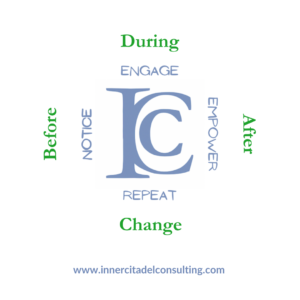
Before
One of the main reasons conversations that people can’t manage on their own go wrong is because nobody prepares (or is prepared) for them. If you’ve ever been part of a difficult conversation that went badly, you know what I’m talking about. The success of a conversation like that – feedback, performance improvement, decision-making, strategy – is directly proportionate to the effort that goes into before the conversation happens. My Before involves discovery, assessment, and development.
Discovery
Discovery involves uncovering all the factors that might play into the conversation. When I’m working with a team, for example, I’ll have short interviews with each of them, targeting the key items they want/need to discuss. Sometimes this interview process is the catalyst to change. One team I worked with – they were completely miserable and dysfunctional when I met them – to a person answered the question, “What’s it like to work on this team?” with absolutely awful responses. When they saw in the trend analysis that their misery was unanimous their whole perspective on the problem shifted and they saw that they were ALL going to have to be part of the solution. They had not been able to share with each other how they were suffering. Each felt isolated in small groups. Discovery.
Assessment
There are so many tools out there, it’s mind boggling. Many of the tools are very famous. Few are rigorously validated. The two main tools I use are. One tool assesses workplace behavioral preferences – a very powerful tool for teams to see the practical effect of work style differences. I also use the most consistently recognized EI assessment suite of tools out there. The value of any assessment, though, comes from the relevance of the data. Data can help people create distance between their selves and core identities and the results. Most of my clients like seeing data, even if the data are hard to take. Properly handled, assessments can be a mirror to the current circumstance. More important, they can help a team or an individual understand how to have the conversation and where to start.
Development
The third part of my Before is development. Sometimes the reason that the conversations haven’t happened well is that people don’t have the skills yet. For some people, these skills center around self-regulation, emotional intelligence, mindfulness. For others, the skills are around prioritizing, attention, and planning. Whatever the circumstance, with good discovery and assessment, we are able to find a way to strengthen existing skills and build skills that are lacking. Commitment, challenge and support will always lead to success. When there is a solid enough foundation in skills (not all teams need this development but everyone can get better) we can have the conversation.
Come back for “During”! But before you go, take a moment to reflect. What is the issue you or your team is facing that you just can’t seem to manage on your own? What is one thing you would like to know before you try to have that important conversation, again?
Let’s connect and get you the answers you need.

